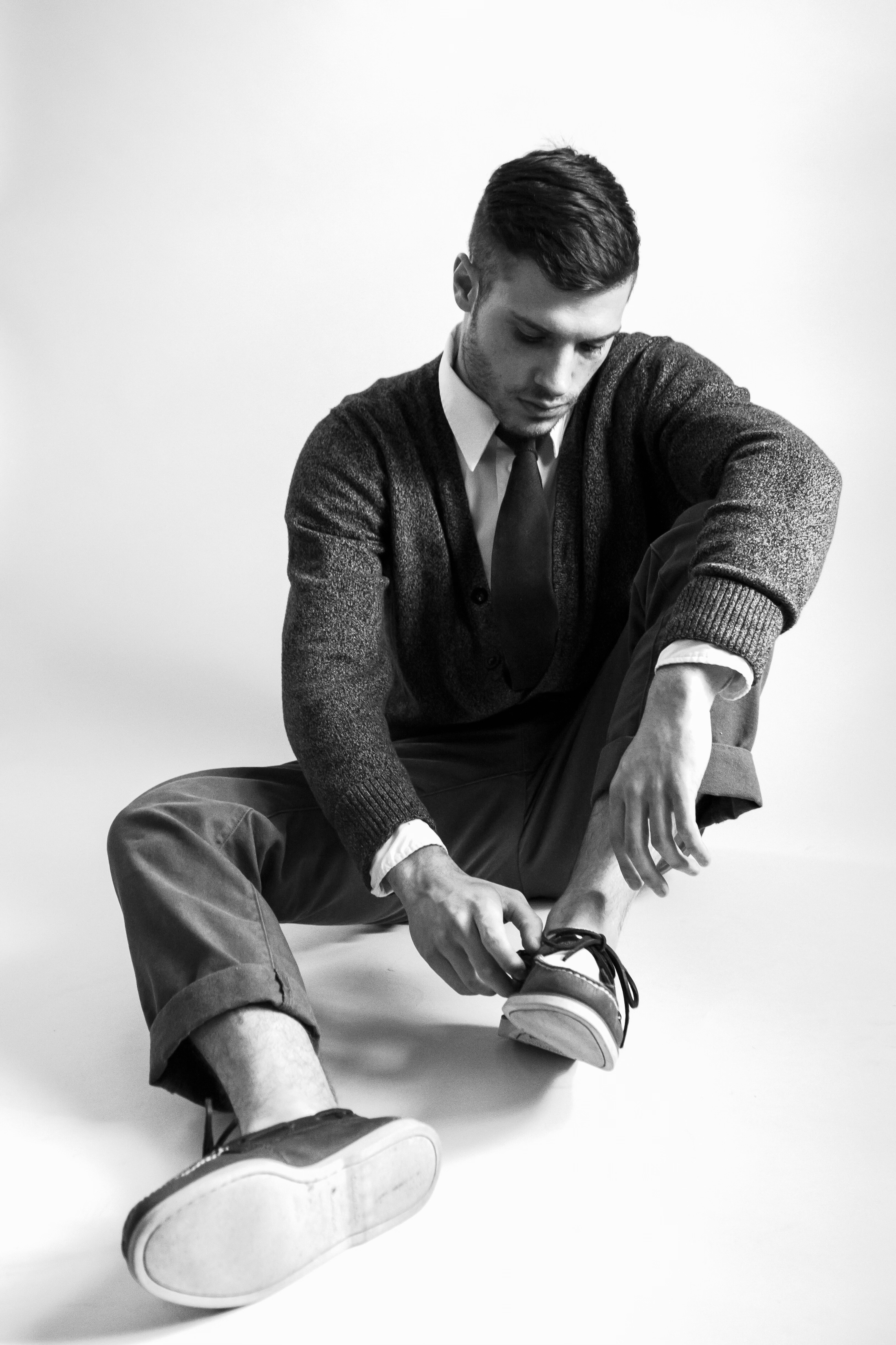Ethan Gooding: Growing, Learning, and Building a Career Through Obsessive Passion
Ethan Gooding, Senior Software Engineer at The Grand
When I was little, I wanted to be an actor. I had a knack for memorizing lines — if I saw a commercial on TV for the first time, I was able to recite all of it by the next time that commercial appeared. And I knew every line to every Star Wars movie.
Part of the obsession happened because I grew up with a very strict mother who didn’t allow me to watch many movies or TV shows, or play video games. So, any movie that I was allowed to watch became a big event. I would buy related outfits, school supplies, action figures, dolls—everything. I would constantly invent and write short stories based on these universes. In my front yard, I’d pretend to be a character, like a Jedi master, and then act out my stories. I wanted to just immerse myself in the world.
Over time, my parents realized that all this media might not actually be all that bad. In fact, they seemed to be opening up an insane amount of creativity in me. Whenever I saw a new movie, I exploded with ideas. At eleven years old, I wrote a five paragraph essay for my mom to convince her to let me watch The Matrix. It was partially because I didn’t want her to be mad at me for getting a B in English, but also, I was trying to explain to her why The Matrix seemed philosophically interesting.
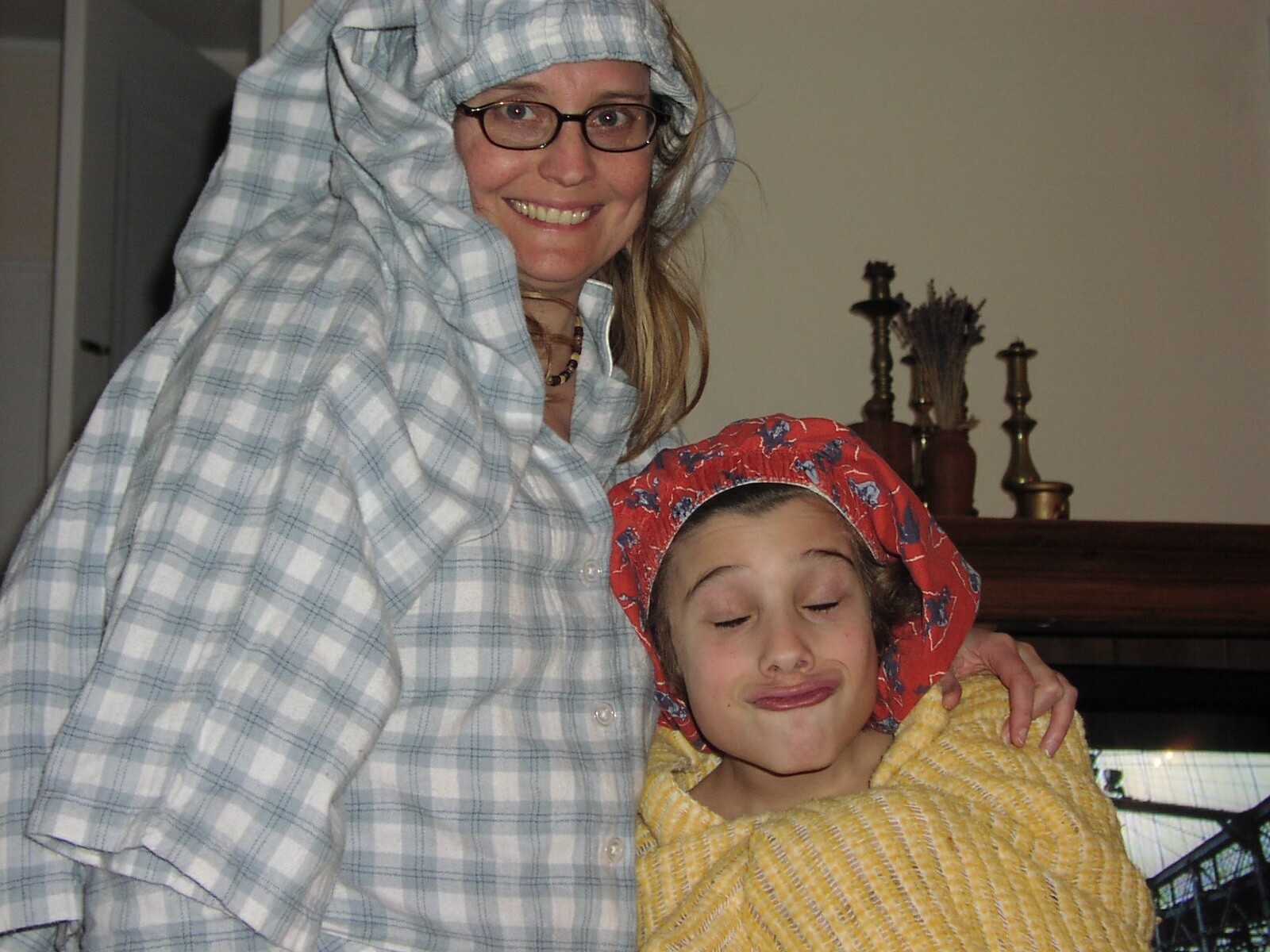
My mom signed me up for community theater in elementary school, but I found that I wasn’t super into that, though I participated in a number of plays. Instead, I discovered ballet. My best friend and I had signed up for a class together, and I fell in love with it.
I found that ballet was a way to do art that was very strict, which was very appealing to me back then. I loved that I could apply a somewhat mathematical and procedural rule set to art, and that those constraints gave rise to artistic expression. Whatever extra style you added to those moves were yours, and yours alone.
I worked really hard to remember and get the positions down to a T, and then also to express myself through them. There was ballet dancer in the Nutcracker who I really looked up to, who added his own personal flair to all of his movement. He did the exact moves he was supposed to do, on the exact timings that he was supposed to do them, but there was something ineffable that he was capturing through it all. I could try to explain all the technicalities and French names to get at that ineffable thing I loved, but honestly, I think the stuff that makes art interesting at the end of the day is the stuff that breaks free of our ability to put them into words.
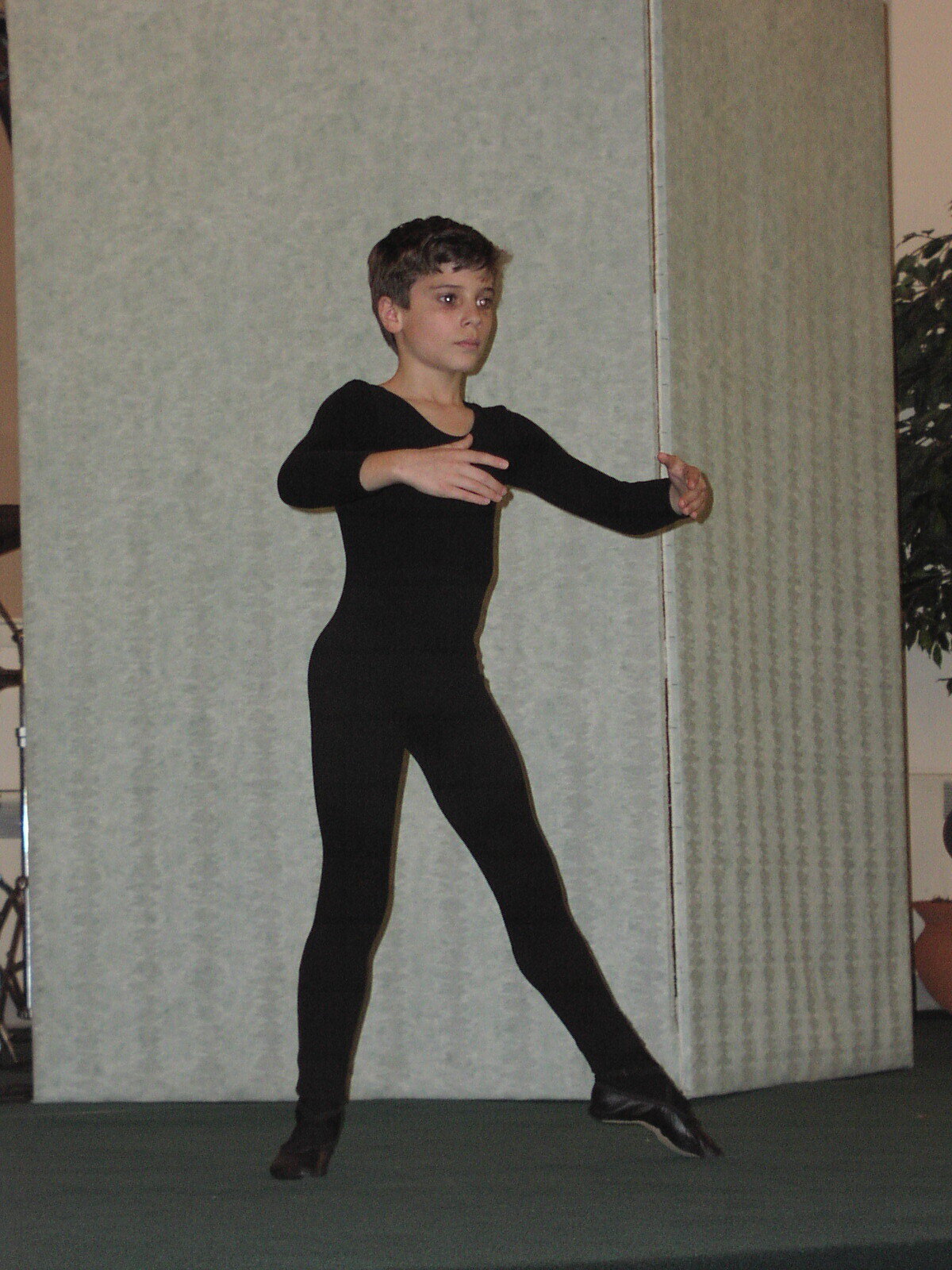
Ballet was also an opportunity for me to be seen. I was not a popular kid and very much a weird outsider at school — I’d wear suits with clip-on red bow ties and stuff like that at my very normal public school with no uniforms. It was really validating to be on a stage in front of a ton of people who are waiting to see me. At seven, I was already performing for hundreds and sometimes thousands of people in Nutcracker and Swan Lake.
While I of course worked hard for those roles, the context is important. As you might already be aware: not many boys train in ballet, so if you are a boy in ballet, it’s pretty easy to get cast in big roles. When I would go to tryouts, there'd be a maximum of 10 other boys auditioning. When girls would go to tryouts, it would be in the hundreds.
The gender stereotypes were partially why I moved on from ballet after around seven years. The bullying was real, and I didn’t want to be the target of more bullying in high school. The culture was also quite cold. As a performer, you would get a lot of validation from strangers in the audience, but not from the people that you were training with. It was intense and super, super, super competitive. Backstage in the dressing room, dancers would be dead silent, just staring at the wall.
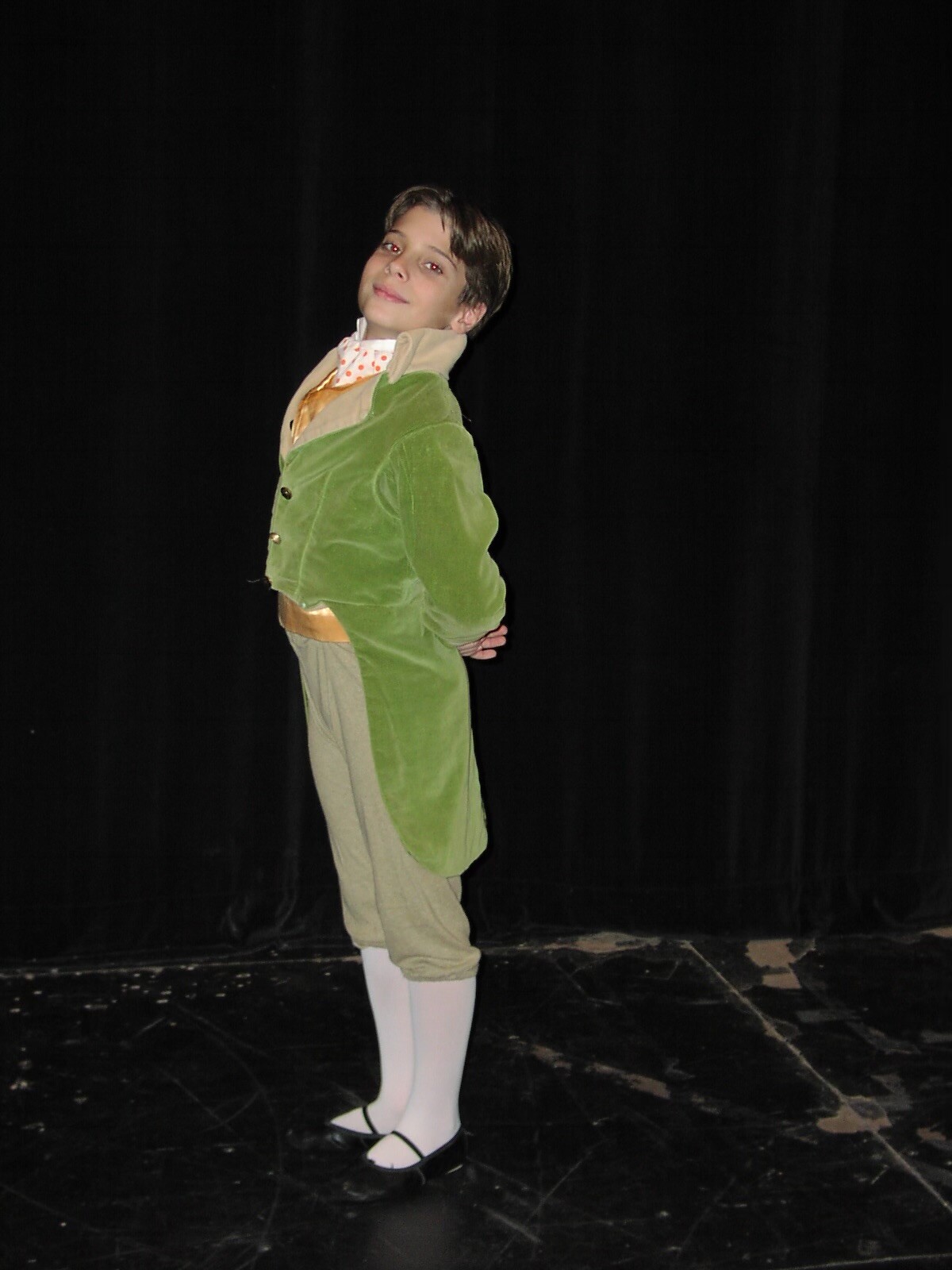
But mostly, I was starting to focus my attention on more freeform art styles—in particular, music.
In middle school, one of my best friends and I decided to start a band and that became my new obsession. I got an electric guitar and he got a bass, and we started playing together three or four hours a day every day. We gigged at a few jazz clubs here and there, did some Battle of the Bands type performances, and also a lot of confirmations and bar/bat mitzvahs—but, I loved music in almost the opposite way from the way that I loved ballet. I loved making music with my friends in our band together, but I hated performing music, because it felt like I was putting myself out there, instead of a character.
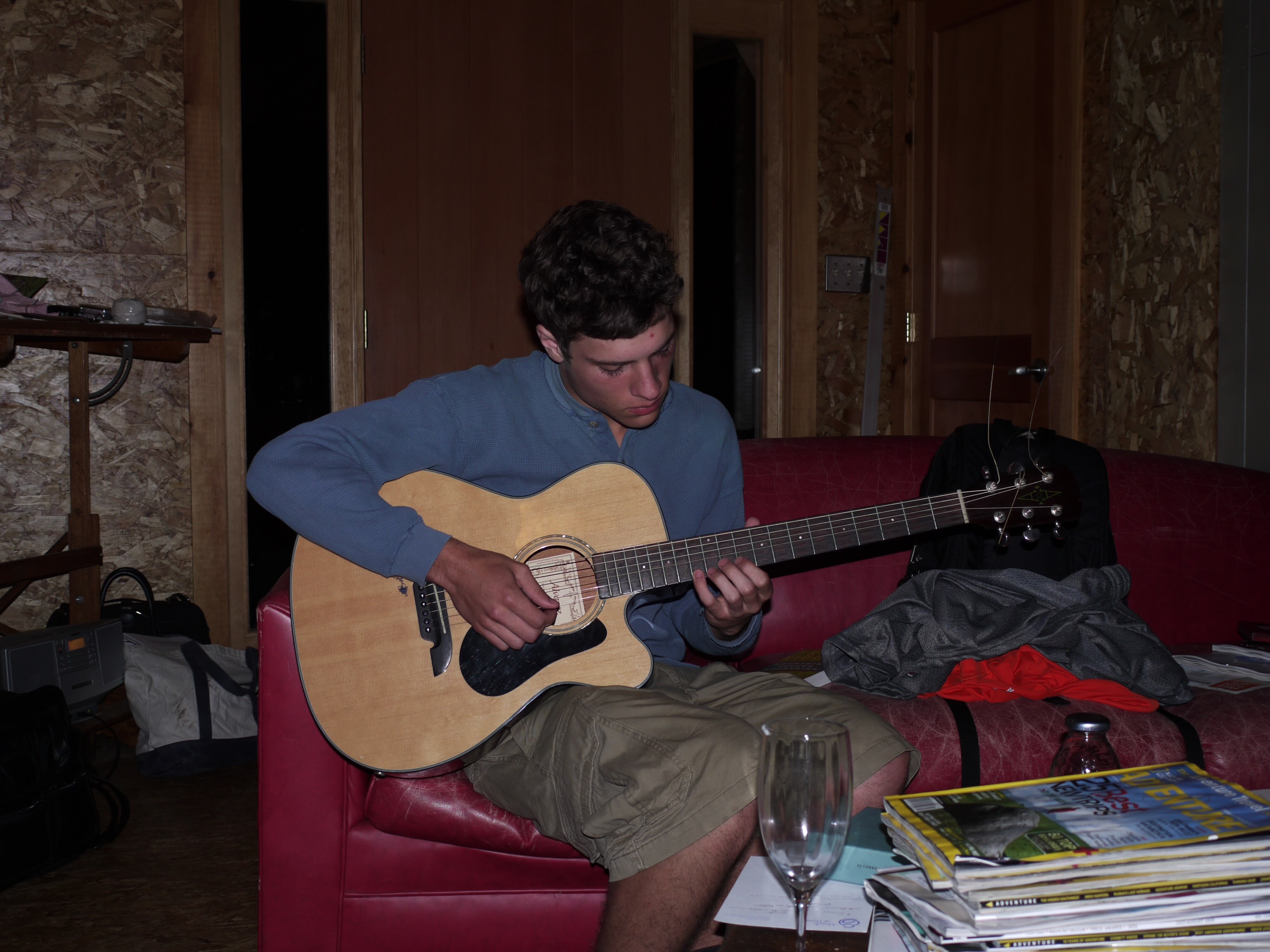
That led me to setting my sights on studying sound design in college, with the goal of becoming an Art Director at a video game company. I imagined myself directing actors, audio, and music. I figured that sound design and sound mixing sounded technical, so that would probably be my way in, and that was the plan!
Trying to break in through the music route was tough. I was constantly borrowing money from friends. I often didn't have enough money to even take the subway home from my barista job—not a dollar in my bank account. Eventually I realized that I had to try another way, so I started coding to try to break into the video game industry through engineering. After many twists and turns from there, and notoriously long days burning midnight oil at game studios, I landed here at The Grand as a software engineer.
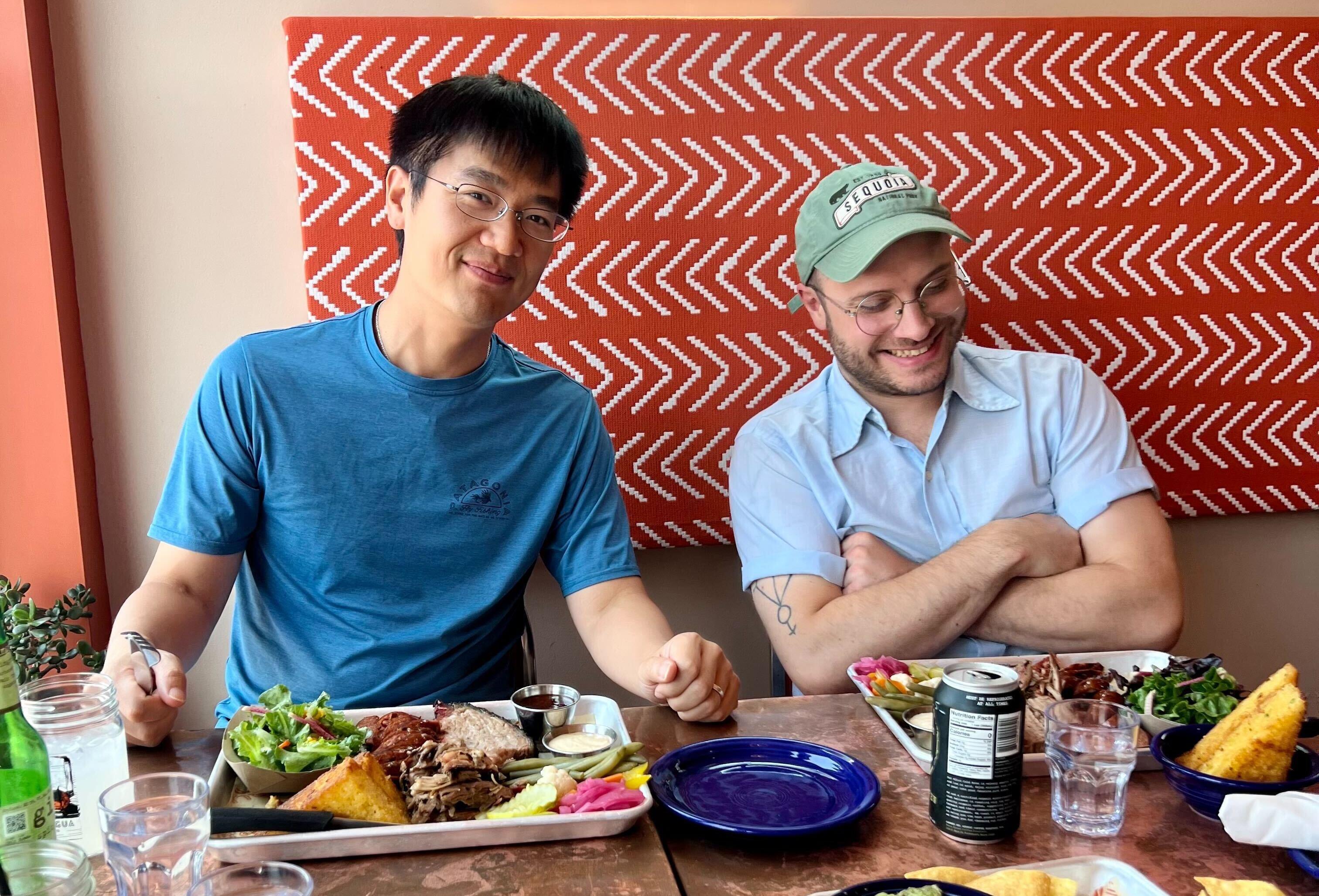
Reflecting on all my different passions over the years, I find that constraint-based expression and open-ended expression are both necessary for me to feel completely fulfilled. All the different passions that I’ve pursued inform each other so much. I was worried at various times that going down all these different paths would be wasted time and wasted effort when I moved onto a new field.
As I get later in my career, I realize that’s just not been the case at all. Everything I’ve learned from all my previous adventures continue to help me with whatever current thing I’m doing every day. Each new path has brought me incredibly fulfilling growth in another dimension. The theme of my career has always been growth through transitions, which is why I’m excited these days to literally be building a product to help more people find that same exploratory growth—with a caring community behind them.
